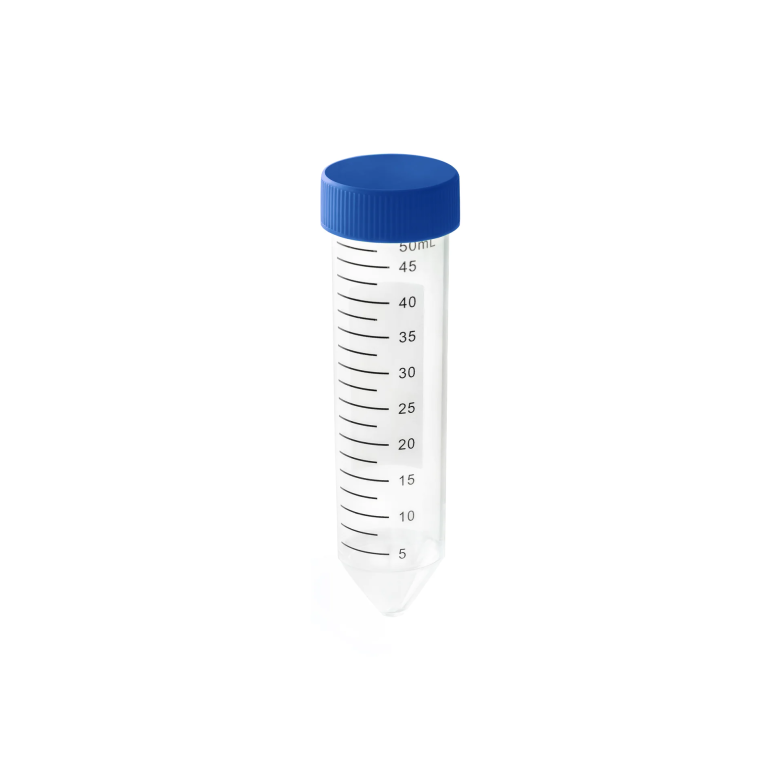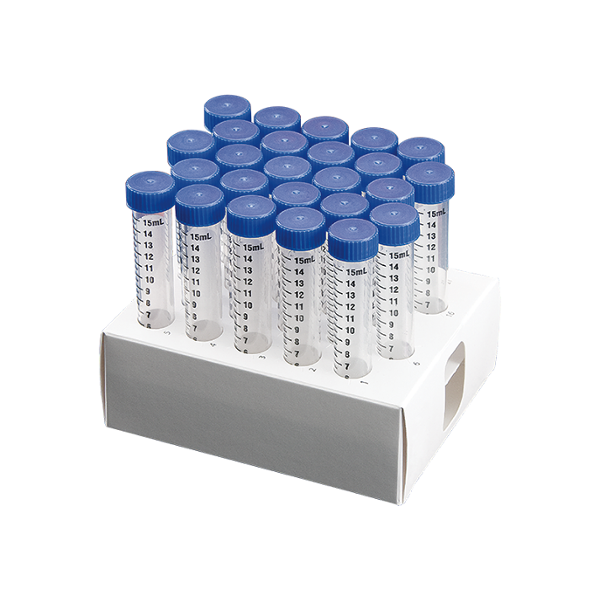ECG electrodes are typically made from silver/silver chloride (Ag/AgCl).
Some key things to know about ECG electrode materials:
– Silver provides good conductivity to pick up electrical signals from the skin.
– Chloriding the silver (combining it with chloride) prevents the silver from being oxidized and degraded over time.
– Ag/AgCl provides low offset voltage and low noise interference for clean ECG signals.
– Other materials like gold, platinum, or stainless steel can also be used, but silver/silver chloride is the most common choice for optimal signal quality.
– The electrodes have a conductive gel applied to help transmit signals from the skin by reducing skin impedance.
– Adhesive layers, foams, and other materials are used for electrode backing and adhesion to the skin.
So in summary, ECG electrodes mainly rely on silver/silver chloride to conduct electrical impulses from the heart to produce the ECG trace, while additional components improve adhesion and connectivity.


